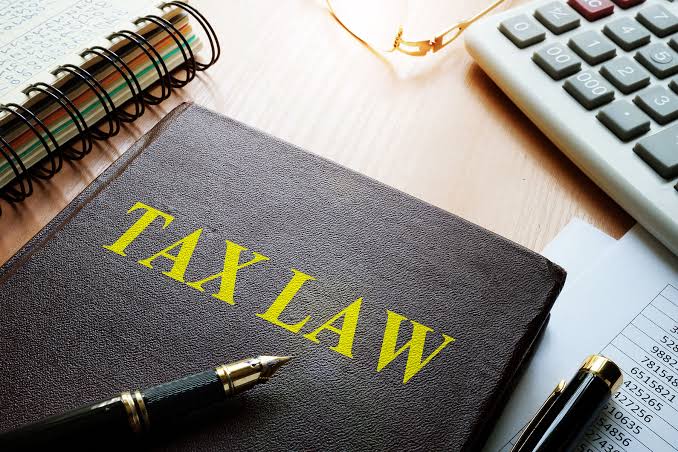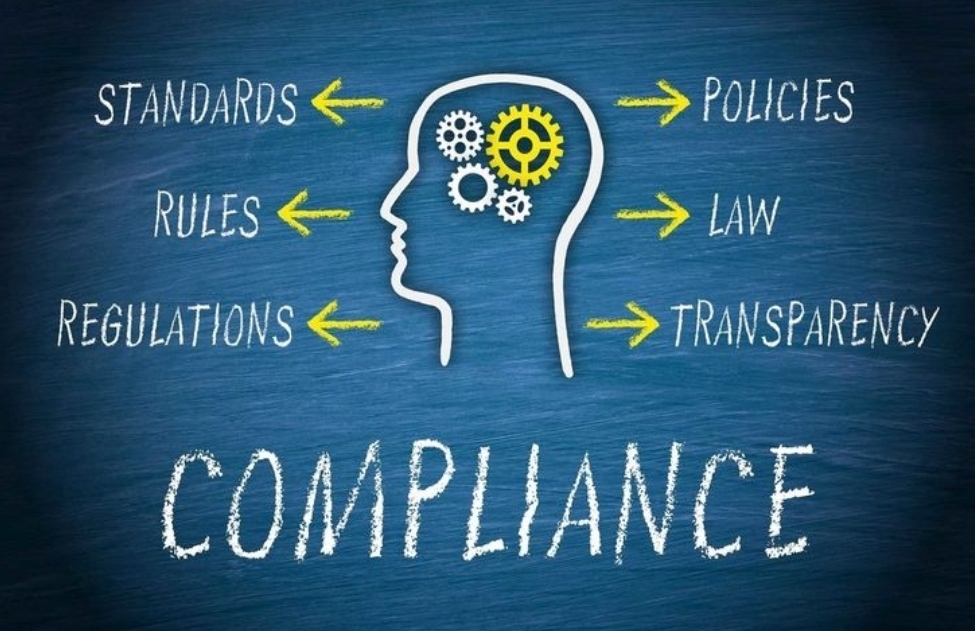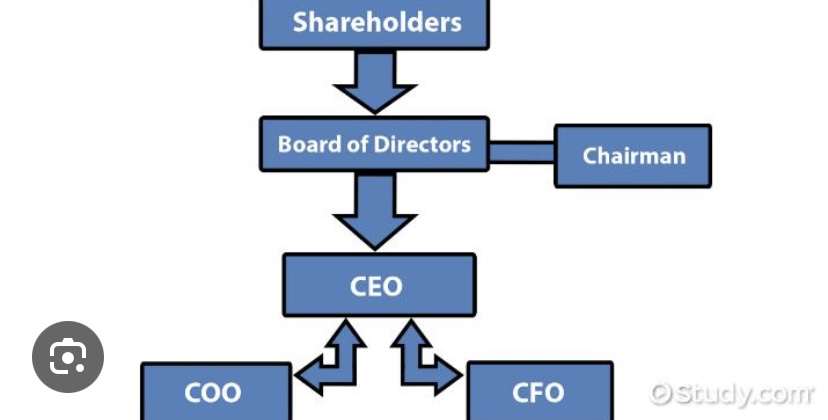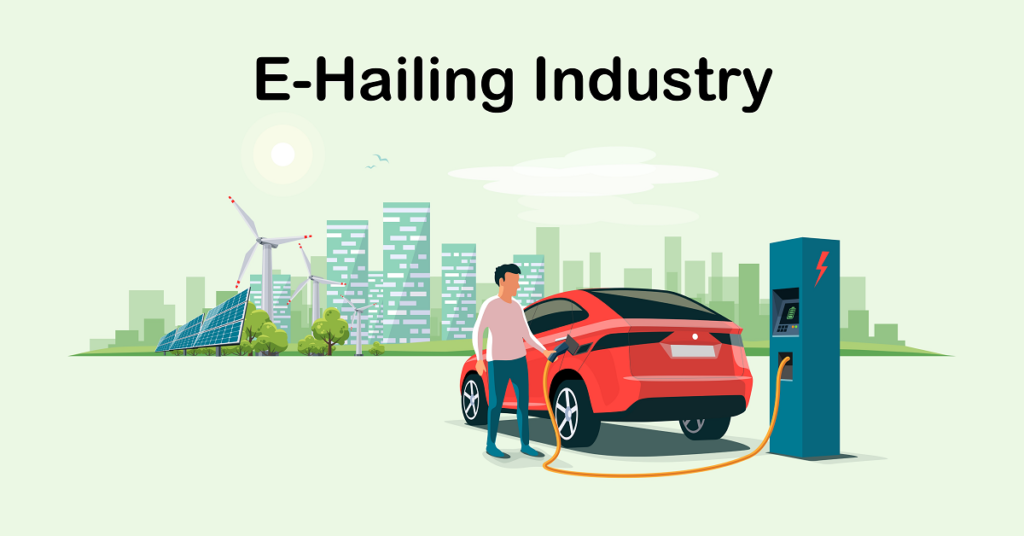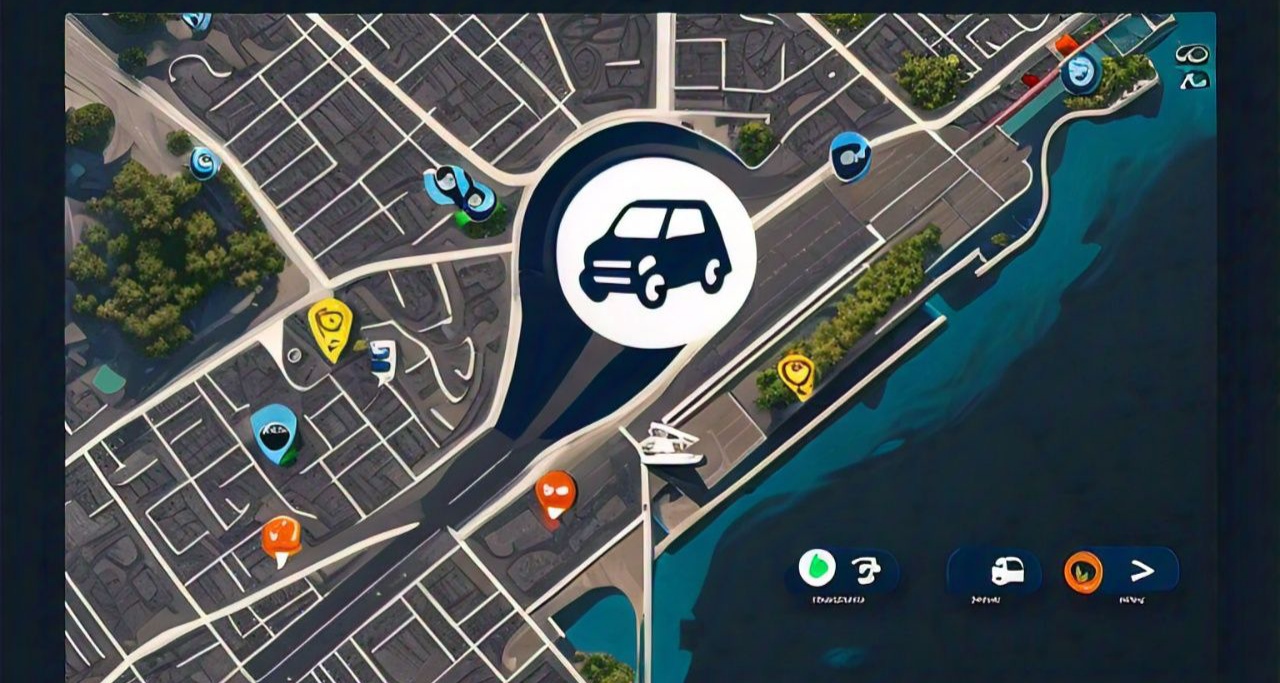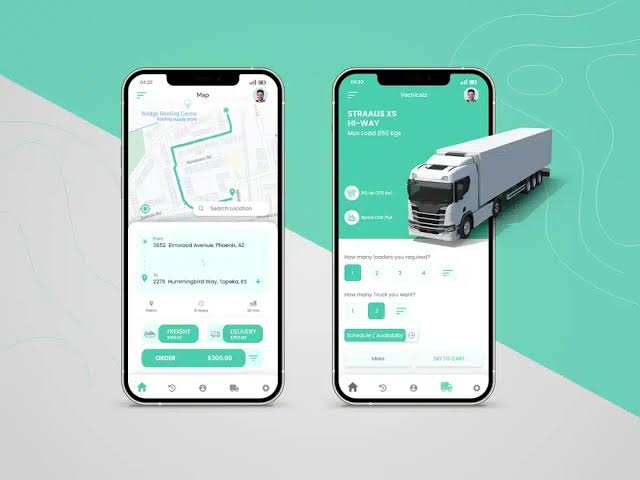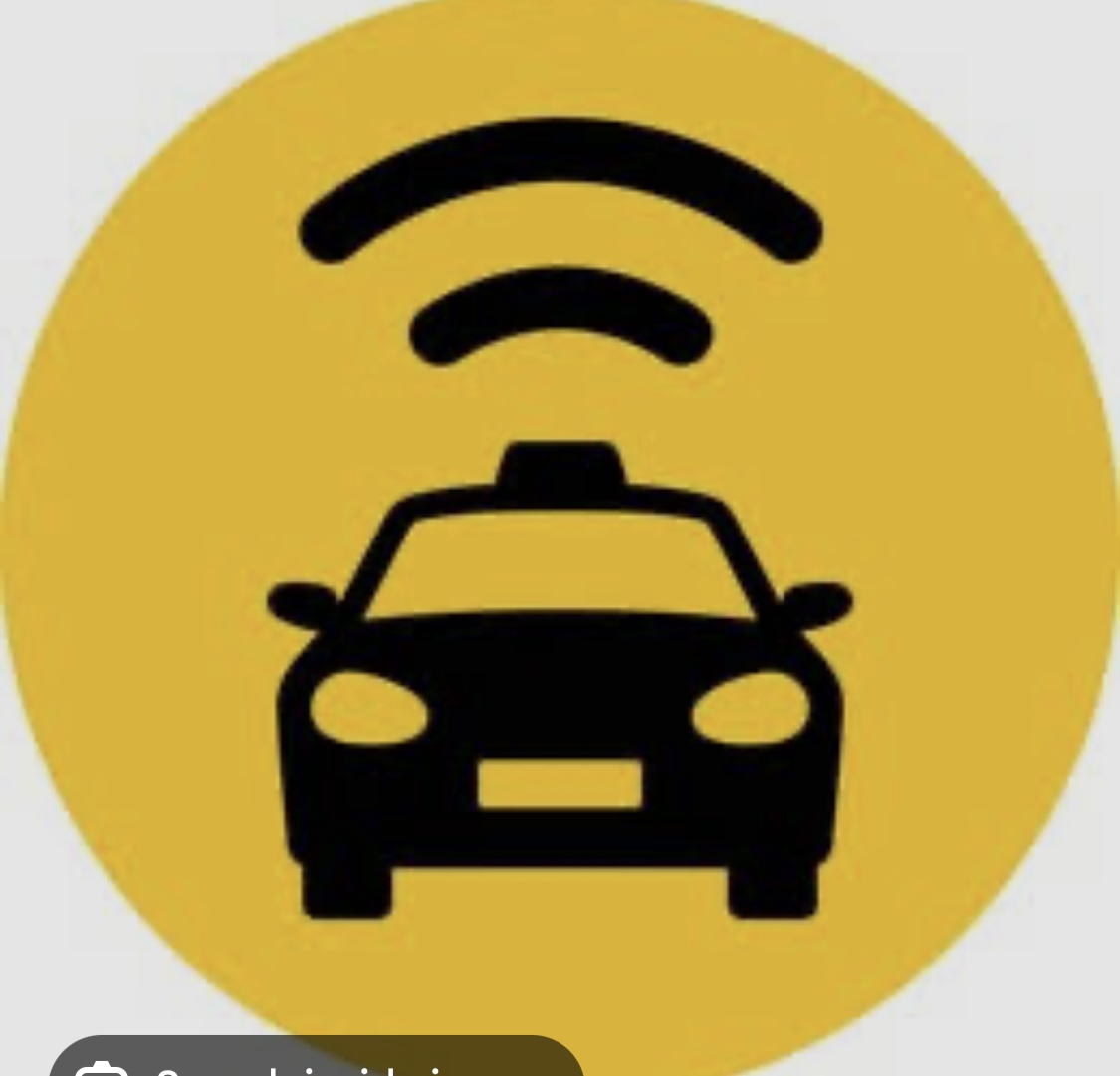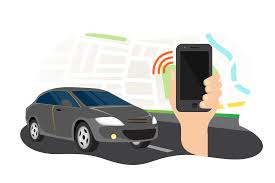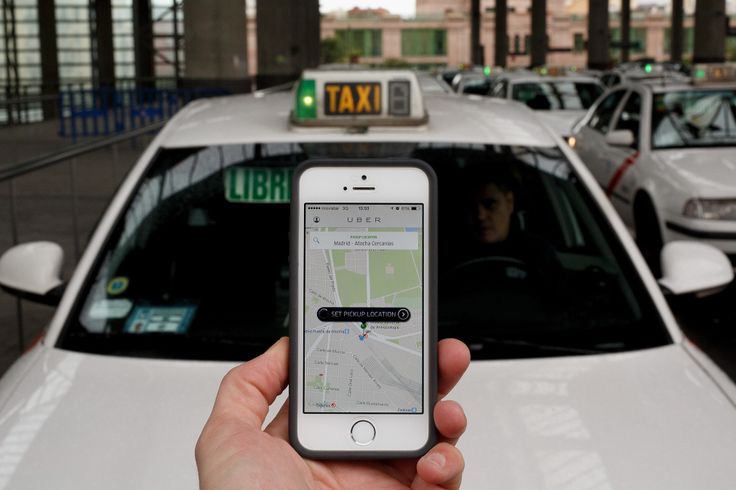
Society is radically changing with the incorporation of technology in everyday lives and problem solving. As society evolves, the use of technology to solve problems and make life easier and convenient has increased drastically and the transportation sector is not left behind. Technology has reformed transportation, the e-hailing technology in Nigeria has seen significant improvements in recent times. With companies like indrive, bolt and Uber as pioneers of this change. With the growth of this industry it is imperative that entrepreneurs interested in venturing into this sector understand the legal implications involved.
E-hailing is a technological transportation service which requires both drivers and passengers to sign up to an app or website and connect them to each other, requiring the negotiations to be done online and the payment to either be processed on the app or off the app depending on the terms and conditions of usage. This article will serve as a guide for understanding the legal requirements of establishing an e-hailing startup in Nigeria.
WHAT TYPE OF BUSINESS STRUCTURE IS MOST SUITABLE FOR AN E-HAILING TECH STARTUP IN NIGERIA.
For an e-hailing startup in Nigeria the most suitable structure is a private limited company (Ltd). For one it gives more flexibility in operations which a startup at its early stages requires. There is more privacy in the regards to the income and general operations of the startup. Although the Ltd cannot offer shares to the public, they can receive capital from private and angel investors which will be sufficient for the startup. It provides the benefits of a corporation while reducing the regulatory burden on the startup. When the startup gains a stronger foothold it can later transition to a public company if need be. But various factors influence the type of structure startups apply for for instance tax incentives, perpetual succession and liability.
WHAT SPECIFIC LEGAL REQUIREMENTS AND REGULATIONS SHOULD A STARTUP COMPLY WITH
1.The Corporate Affairs Commission (CAC) is in charge of the registration of companies as legal entities in Nigeria. The following are the legal requirements to be complied with;
I) COMPANY NAME: The first requirement is the reservation of a unique name with the CAC. After deciding on a unique name section 31 of the Companies and Allied Matters Act 2020 (CAMA) makes provisions for the reservation of names with the CAC subject to certain conditions.
ii) REQUIRED DOCUMENTS: The preparation and submission of the memorandum and article of association of the Company. They are the internal constitution of the company and a guide for how the company relates with third parties and carries out its external affairs. The documents must be drafted to the standard required by the Corporate Affairs Commission. It shall contain details of the companies share capital, personal information about the directors and the address or location of the company’s principal office.
iii) PRE REGISTRATION FORMS: The Corporate Affairs Commission makes provisions for pre registration forms and other necessary documents. The form can be found on their website.
iv) FEES: During the registration process payment of certain fees will be required. This will usually depend on the size of the company and the type of company.
v) UPLOAD REQUIRED DOCUMENTS: upload the required documents and pre registration documents to the company website as directed on the website.
vi) CERTIFICATE: After the review of the documents by the Corporate Affairs Commission the request may be approved and a certificate issued to that effect.
2. TAX REGISTRATION: Startups are required to register for tax. After the issuance of a certificate of incorporation by the Corporate Affairs Commission all tech startups are required to register for tax. The regulatory bodies for tax in Nigeria are The State Internal Revenue Service (IRS) and the Federal Inland Revenue Service (FIRS). Register for company income tax, value added tax and personal income tax for employees.
3. CONSUMER PROTECTION: startups are required to comply with the provisions of the Federal Competition and Consumer Protection Act 2018 when dealing with consumers or customers. Fair pricing is one way they can do this.
4.EMPLOYMENT REGULATIONS: The contract between employers and employees is governed by the Nigerian labour Act which makes provisions for the work environment and treatment of employees by their employers and vice versa. It makes provisions such as notice to terminate employment or notice of resignation.
5. TRANSPORT LAWS: Nigeria is a country with multiple jurisdictions. Each jurisdiction has its own unique traffic rules and regulations. An e-hailing start up is required to comply with the laws of the state which they operate within.
6. USER DATA PROTECTION: Tech startups have to comply with the user data protection laws of Nigeria. They can do this by ensuring proper security and protecting user data and privacy. Ensuring protection of the payment data of users such as their card details. Tech startups are also required to comply with the provisions of the Nigerian Data Protection Regulations and Cybercrimes Act
PROTECTION OF THE INTELLECTUAL PROPERTY OF MOBILE APPS SUCH AS E-HAILING
I) COPYRIGHT: the software code or source code of the company which is the framework or skeleton behind the app and which controls and sustains the app or application and the user interface that is the aesthetically appealing visuals of the software can be protected under copyright.
II)TRADEMARK: The company name and logo as well as the app name and logo or symbol can be registered and protected under trademark
Generally intellectual property clauses may be included in labour contracts between the companies and its employees.
POTENTIAL CHALLENGES OF AN E-HAILING STARTUP IN NIGERIA
I) REGULATIONS : The e-hailing sector is still relatively new and therefore regulations on this sector are constantly evolving and changing. And different traffic laws and transportation regulations may apply in the different regions
II) ECONOMIC FACTORS: high inflation rates can affect the price of operations make it expensive for people to utilize these services
III) OPERATIONAL ISSUES: finding qualified and sufficient drivers to match the high demand for rides and managing the payment issues that might arise from these services for instance drivers requesting to be paid off the site .
IV) ENSURING SECURITY: ensuring the physical safety of the passengers by running background checks on the drivers is a daunting and challenging task and protecting the user data of the customers as some pay through their cards for rides.
V) INFRASTRUCTURAL ISSUES: poor road conditions and the corruption that certain security officers indulge in on these roads hamper the development of these services. Poor internet connection which will affect communication between the passengers and the drivers
NECESSARY LICENCE AND PERMIT REQUIRED TO OPERATE E-HAILING COMPANIES IN NIGERIA
I) BUSINESS REGISTRATION LICENSE : This license is given to registered companies by the Corporate Affairs Commission after registration. Business premise registration maybe required depending on the circumstances of each company.
II) VEHICLE REGISTRATION AND LICENSE: the different states may require a specific transport license and all vehicles are to be certified by the Vehicle Inspection Service(VIS).
III) NITDA REGISTRATION AND NCC LICENSE: the startup should register with the National Information Technology Development Agency and depending on how their app functions they should get a license from the Nigerian Communications Commission.
IV) TAX IDENTIFICATION : the startup should obtain a tax identification number (TIN) from the federal inland revenue and register for vat collection
V) PAYMENT SYSTEM LICENSE
where there is an in built payment system on the app the startup should obtain the required certifications and permit from the central bank.
Switching and Processing Licence: This is a standard licence which most companies with in-built payment systems on their mobile apps make use of or obtain. This licence gives authorization to carry out direct payments between different financial institutions and card transactions. This licence requires a minimum share capital of 2 billion Naira.
Payment Terminal Service Provider: This licence enables business to use Point of Sale terminals (POS) and enable card transactions. This is a less expensive option as the minimum capital requirement is 100 million.
In conclusion, starting an e- hailing business in Nigeria presents endless opportunities but also comes with its unique challenges and complex legal framework. But by making use of the right business structure, complying with the legal requirements and licenses, protecting the intellectual property of the company and taking steps to overcome the challenges of such a business, such a startup is bound to see significant progress.




